At the end of March, Techcombank passed two important resolutions, finalizing investment plans to contribute capital to buy controlling shares of a non-life insurance company, and establishing a life insurance company as a subsidiary.
Specifically, according to the above resolutions, Techcombank decided to buy back 57% of NewCo's shares at Techcom Non-Life Insurance JSC (TCGIns) to officially turn this insurance company into its subsidiary with a capital contribution ratio of 68%. At the same time, the bank will also spend VND1,040 billion to contribute 80% of the capital, establishing Techcom Life Insurance JSC (TCLife) with a charter capital of VND1,300 billion.
According to the investigation of the Banking Times reporter, currently, in addition to Techcombank's capital contribution, the remaining 20% of TCLife's capital is owned by enterprises in the Vingroup Group's ecosystem. Thus, by simultaneously owning two insurance companies, Techcombank follows other banks such as Agribank , BIDV, VietinBank, Vietcombank, MB, VPBank, HDBank... to participate more deeply in the insurance sector to expand the ecosystem and diversify financial products and services.
According to experts, this is a positive development for the insurance market. Because in addition to the dominant capital contribution of banks, currently, insurance companies under banks such as: MIC, BIC, VBI, OPES... all have capital contributions from large economic groups and international financial institutions with a lot of experience, with a diverse and widespread customer ecosystem.
Banks have been more deeply involved in the insurance sector to expand the ecosystem and diversify financial products and services. |
In recent years, with the cooperation and exploitation of the ecosystem from major shareholders such as PYN Elite Fund, FairFax Asia, Hyundai Marine & Fire Insurance... insurance companies MIC, BIC, VBI have all "prospered", contributing significantly to the revenue and profit of parent banks, while competing with foreign insurance corporations that hold a dominant market share in the domestic market.
According to economist Le Ba Chi Nhan, banks participating in the establishment of insurance companies can be considered a strategic step to diversify revenue sources and optimize the financial ecosystem. By owning insurance companies, banks can also accelerate the digitalization process in customer consulting and after-sales services, thereby developing integrated financial and consumer credit products and services that are suitable to the needs and choices of customers.
According to Mr. Nguyen Xuan Thanh - lecturer at Fulbright University Vietnam, banks expanding their business by investing in building insurance companies and securities companies shows that the "race" to become multi-industry financial groups of banks is quite exciting. In the current context, this is an inevitable development for competition and development.
Sharing the same view, Dr. Can Van Luc - Chief Economist of BIDV said that in the field of finance - banking, the trend of creating open banking models with commercial banks as the center and an ecosystem of related industries and fields "surrounding" is the main trend in many developed economies in the region and in the world.
Currently, most banks choose to develop open banking by integrating additional third-party services into the ecosystem in addition to core credit products and services, because the legal framework on open banking and regulations related to the operation of the financial group model have not been completed. In the future, when these legal frameworks are more open, the opportunity to shift scale, reposition distribution channels and complete the digital ecosystem in the credit institution system in Vietnam will be very large and competitive. Banks can build open banking according to the integrated model. Accordingly, the bank is at the center, owns the platform and has the right to allow third parties to connect to close or open, depending on each bank's approach to risk.
Source: https://thoibaonganhang.vn/ngan-hang-mo-rong-he-sinh-thai-tai-chinh-162095.html


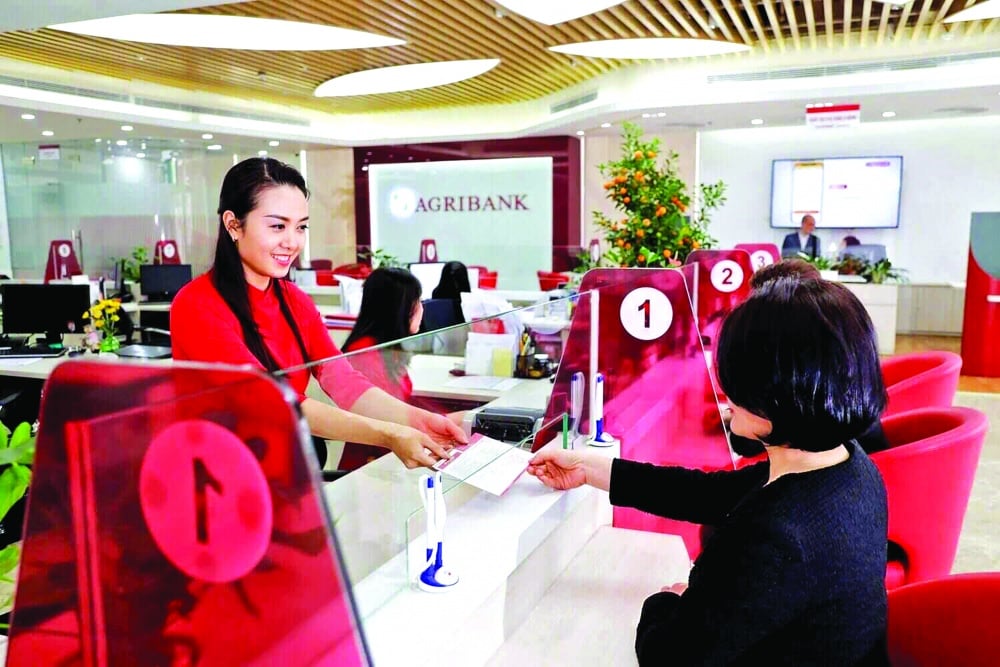









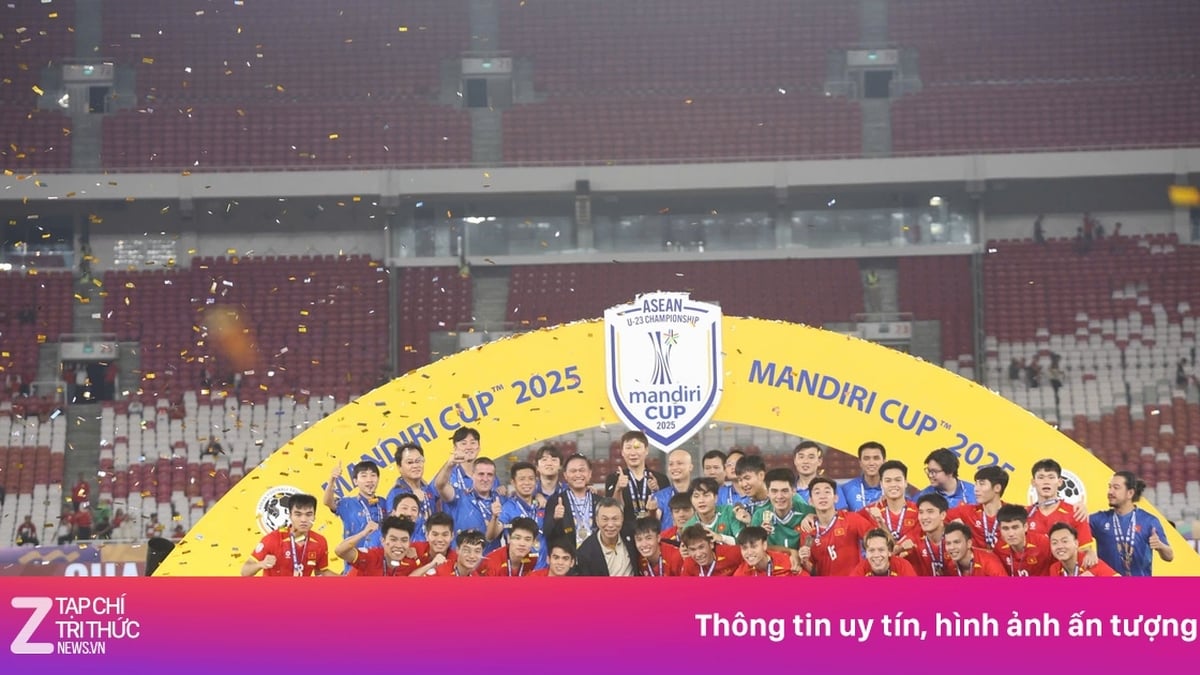













![[Photo] National Assembly Chairman attends the seminar "Building and operating an international financial center and recommendations for Vietnam"](https://vphoto.vietnam.vn/thumb/1200x675/vietnam/resource/IMAGE/2025/7/28/76393436936e457db31ec84433289f72)










































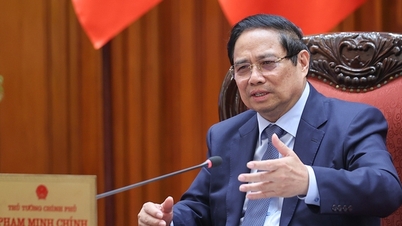


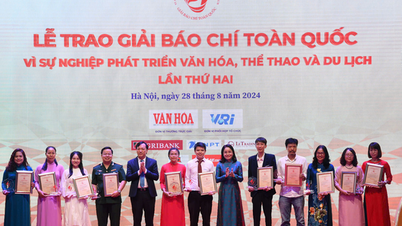























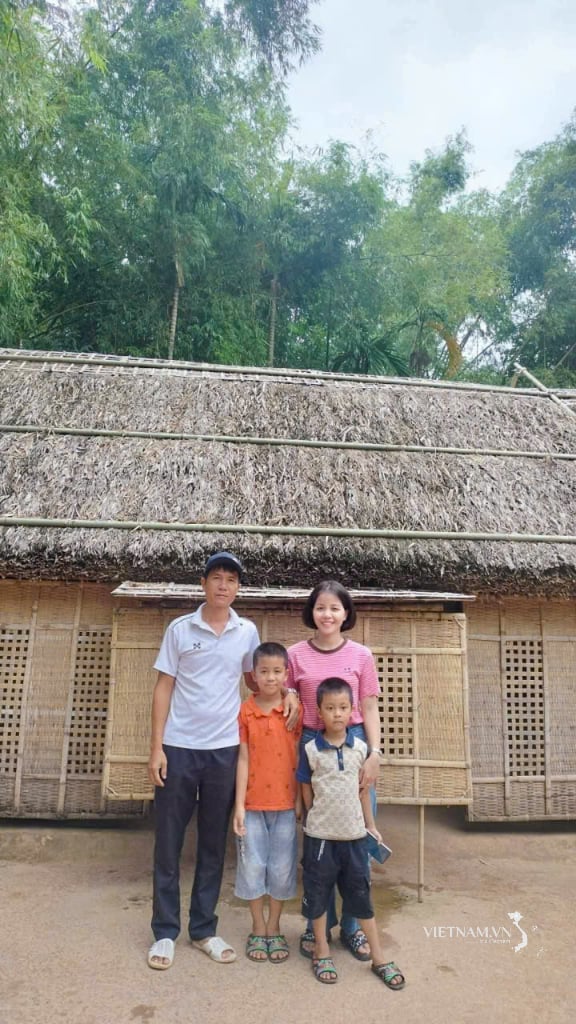


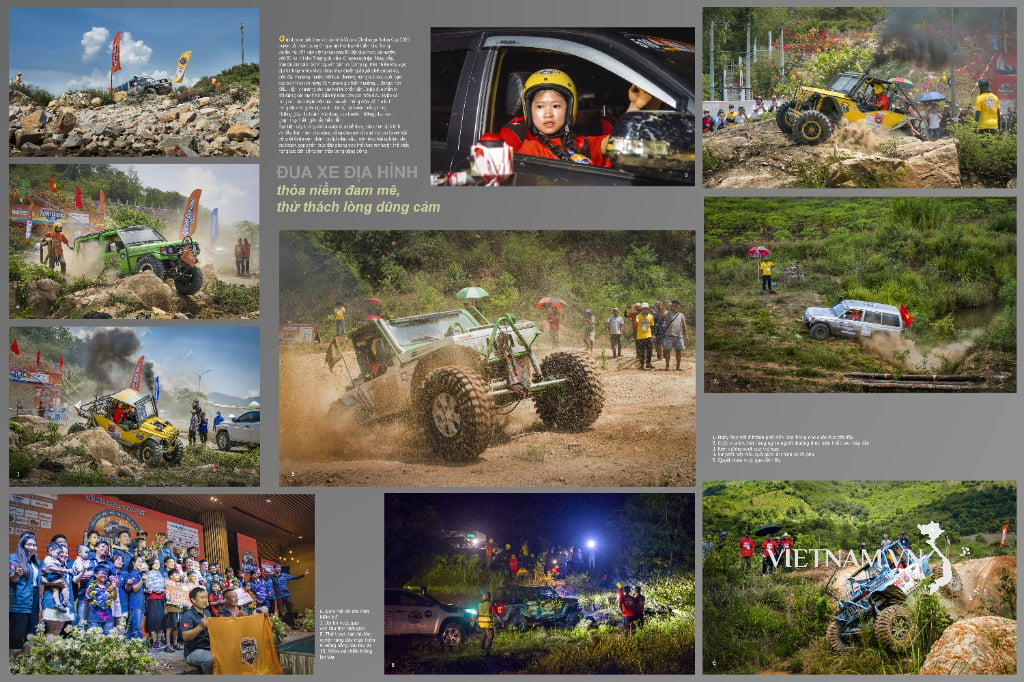
Comment (0)